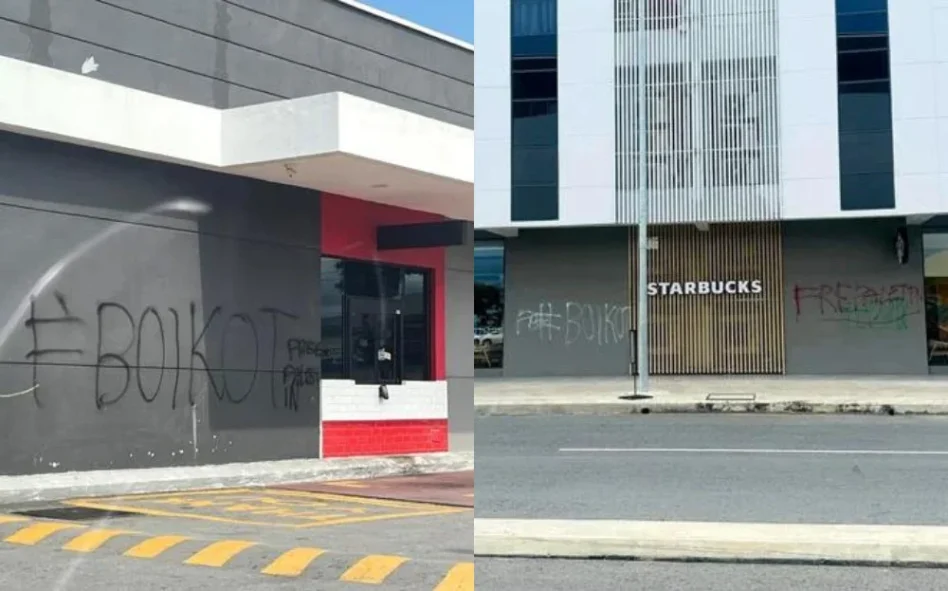AXIATA Group Bhd is expected to post lower revenue this year as its operating companies (opcos), especially those operating in frontier markets, reel from financial headwinds caused by the Covid-19 crisis, says Affin Hwang Capital, despite the telecommunications giant’s geographical diversification.
“We expect the financial performance of all its opcos to be affected by the Covid-19 pandemic, lockdowns and weakened economies in the respective home countries,” said Affin Hwang analyst Isaac Chow.
Axiata’s Nepali unit, Ncell, is expected to receive the largest financial impact, followed by Sri Lanka’s Dialog and Malaysia’s Celcom, he added. The trio made up 46% of Axiata’s revenue in 2019.
Headwinds have led Chow to forecast a 5% revenue decline for Axiata this financial year. Covid-19, intense competition in several markets and structural decline in certain products were among his reasons.
Ncell had to endure one of the most stringent and longest lockdowns among Axiata’s opcos, which had affected prepaid top-ups and Ncell’s customer acquisition activities. He also noted that prepaid subscribers make up 98.7% of Ncell’s total mobile subscribers.
“These, coupled with the structural decline in Ncell’s international long distance (ILD) service revenue, capacity constraint due to the delay in spectrum assignment, and price competition from fixed internet service providers, may lead to a sharp decline in Ncell’s 2020E revenue,” said Chow.
Dialog faces a rough local economy as well, with Sri Lanka also having stricter curfew measures. Chow expects these measures to have a material impact on Sri Lanka’s economy, and cited the International Monetary Fund’s (IMF) expectation that Sri Lanka’s real gross domestic product (GDP) growth will contract by 0.5% in 2020.
“This, if materialised, will be Sri Lanka’s second negative real GDP growth since 1973, with the first being 2001’s 1.5% contraction. The country’s weakened economy and intense competition in the mobile market – Dialog’s revenue growth rate had declined noticeably since 3Q19 – should have a material impact on Dialog’s 2020E revenue,” said Chow.
Celcom is plagued by a weak domestic economy as well. Chow noted that Affin Hwang Capital expects Malaysia’s real GDP to decline by 3.5% in 2020, with IMF forecasting a 3.8% decline due to the movement control order (MCO).
However, while Malaysian prepaid users are relatively digital savvy and have more avenues to reload or purchase their prepaid cards, Chow noted that Celcom is facing other challenges, such as intense competition and a declining mobile market share.
“These, coupled with the weakened domestic economy, may lead to a high single-digit decline in Celcom’s 2020E service revenue,” said Chow.
Still, the analyst believes that Axiata’s Bangladeshi, Cambodian, and Indonesian operations, Robi, Smart, and XL respectively will be moderately affected.
“For Robi, we anticipate the impact from Covid-19 and the country lockdown to be somewhat moderate. While the country’s strict lockdown and its weakened economy have dampened Robi’s 2020E revenue outlook, especially in 2Q20, the downside is somewhat mitigated by the strong underlying demand for telco services and the lack of alternative offerings, as well as the absence of mandated free telco services during the lockdown,” said Chow.
The analyst noted that Smart should see a low to mid single digit decline in 2020 service revenue, due to a robust underlying need for basic telco services. This should help to cushion the impact of lower roaming revenue and weakened consumer purchasing power, according to Chow.
Indonesia’s XL also faced a less stringent lockdown, which saw muted disruptions to prepaid users and customer acquisition.
“We expect XL to see a flat to minor decline in its 2020E mobile service revenue, due to a robust underlying demand for telecommunication services, limited disruptions in user acquisitions and product distributions, and contained competition in the local telco space,” said Chow.
A mild recovery of 2.2% in group revenue is expected in 2021, he added. Chow upgraded his call to a hold, with a trimmed target price of RM3.20 from a previous RM3.40.
Chow noted that Axiata’s share price, which is down 22% year to date, meant the group was underperforming the market, domestic telco peers, as well as its listed subsidiaries, reflecting the challenging business environment.
The upside risks are stronger-than-expected quarterly earnings due to resilient revenue or strong cost savings and value accretive mergers and acquisitions, according to Chow.
He also warned that the downside risks include major earnings disappointments, unfavourable changes to government policies or taxes, and the heating up of competition in key markets, namely Malaysia, Sri Lanka, and Indonesia.
At 10.38am, Axiata’s shares were last done at a static RM3.25, with 564,900 shares traded. – July 23, 2020










